
Spot the difference: the invincible business of counterfeit goods
Selling cheap fakes of a successful product makes horribly good business sense. Is there any way to stop it?
Recommendation
Product, price, place and promotion – these are the classic “four Ps” of modern branding. Is the product functional, and is the packaging good? Is the price reasonable? Is distribution in place? Do you have the means to promote the product, through advertising and an effective sales staff? A hundred years ago, that’s all you needed. But with globalization, the list expanded to promise, personality and purpose. That’s when things got more complicated for brands, but infinitely easier for counterfeiters. Alice Sherwood’s intriguing article describes the good business sense of counterfeit products.
Summary
About the Author
Alice Sherwood is the author of Authenticity: Reclaiming Reality in a Counterfeit Culture (2022). She’s a non-executive director of Ridgeway Information, a UK-based research and analysis firm. She’s also a senior visiting research fellow at King’s Policy Institute, King’s College London.








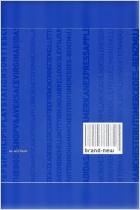
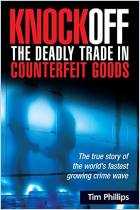
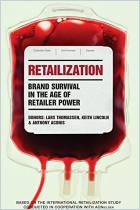
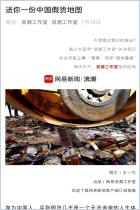
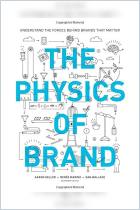
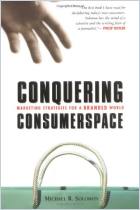





Comment on this summary or Start Discussion